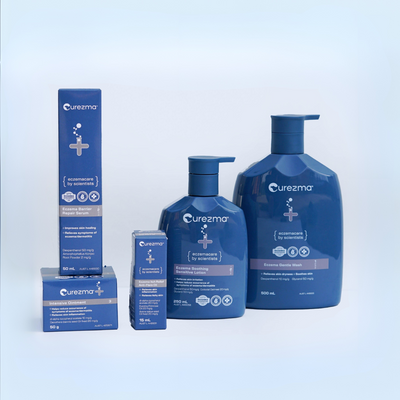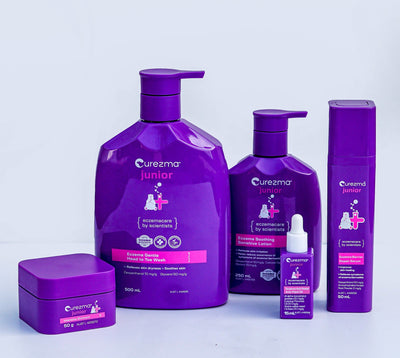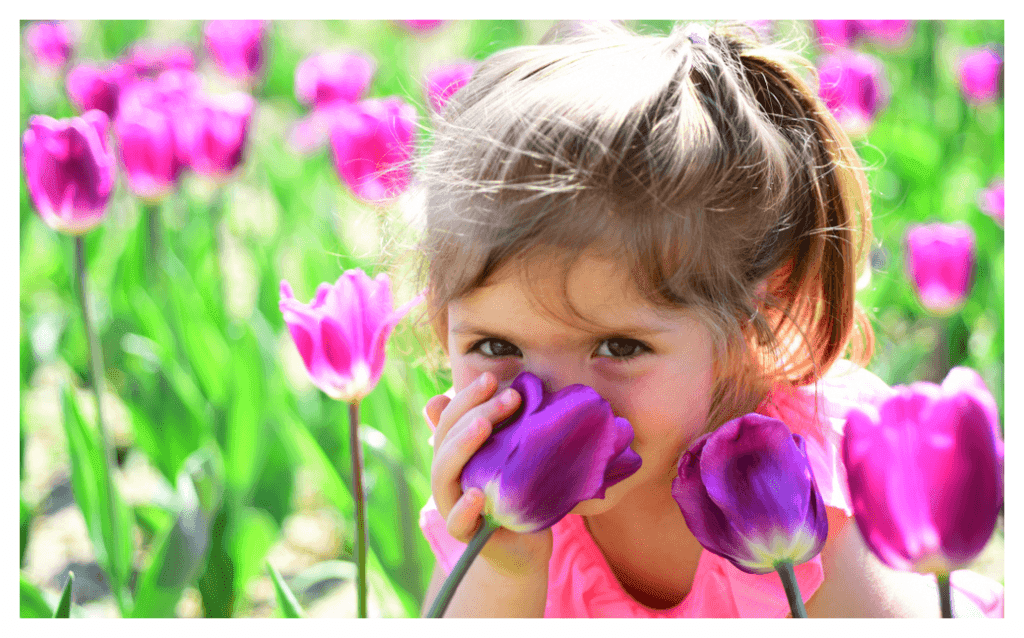Eczema and Mental Health: Breaking the Silence

Living with eczema goes beyond the physical—it often has deep emotional and mental health impacts that many people don't talk about. As we approach R U OK? Day, it’s important to shed light on how eczema can affect not just the skin but the mind and soul as well. For those living with eczema, like Aditi, the founder of Curezma, this connection is all too real.
During a particularly tough time in her life, Aditi found that her own eczema flared up severely. The stress and emotional burden she was carrying at the time made her skin condition even worse, proving once again the powerful link between mental health and skin health. As she struggled to manage her own symptoms, she and her partner faced the challenge of caring for their young daughter, who also suffered from severe eczema. Aditi recalls a heartbreaking moment when they had to beg a restaurant for olive oil to soothe their daughter’s inflamed skin.
This painful experience was a stark reminder that eczema isn’t just skin-deep. It affects every part of life, and without proper care—both mental and physical—it can become overwhelming.
The Emotional Toll of Eczema
Eczema doesn’t just hurt the skin; it also affects mental health. Research shows that people with chronic skin conditions, like eczema, are more prone to anxiety and depression. Living with visible flare-ups can lead to feelings of isolation and self-consciousness, particularly in children and teens.
Aditi, in her role as head chemist and founder of Curezma, has heard countless stories of individuals who have reached out to her in tears. Parents often share stories of frustration, feeling powerless as they watch their children suffer. Adults dealing with flare-ups are often at their breaking point, emotionally drained from the constant cycle of discomfort, insecurity, and isolation.
According to the National Eczema Association, eczema sufferers are three times more likely to experience mental health challenges, underscoring how significant this condition can be beyond the skin .
The Vicious Cycle of Stress and Flare-Ups
Eczema and stress often work in a vicious cycle—stress can exacerbate eczema flare-ups, and flare-ups can increase stress. Aditi recalls how the emotional weight of managing her own flare-ups added to the stress of running a business and caring for her family. The more stressed she became, the worse her skin got, and the more her confidence took a hit.
Breaking the Cycle: Asking for Help is Key
On R U OK? Day, the message is clear: it’s okay not to be okay. Aditi’s journey is a powerful reminder of the importance of reaching out for support. Whether it’s talking to a friend, a partner, or a healthcare professional, asking for help can be life-changing.
For those living with eczema, speaking up can sometimes feel like a burden, especially when people around them may not fully understand the condition. But as Aditi learned, there is strength in vulnerability. A holistic approach to managing eczema involves caring for both the body and the mind, which is why Curezma advocates for mental health care as part of eczema management.
Holistic Eczema Care: Healing from Within
At Curezma, we believe in addressing eczema from all angles—not just with skincare, but by supporting overall wellness. Whether it’s through stress management techniques or a focus on nutrition.
Studies show that taking a holistic approach to eczema management—including improving mental health—can reduce flare-ups and improve quality of life. By offering support through our products and consultations, we hope to provide not only physical relief but also emotional reassurance.
Conclusion: It’s OK to Ask for Help
This R U OK? Day, we want to remind everyone that mental health is just as important as skin health. If you’re struggling with eczema, it’s okay to ask for help. Whether it’s reaching out to a loved one or seeking professional advice, taking that first step can make all the difference.
At Curezma, we’re here for you, not just with products but with compassion and understanding. Your journey with eczema doesn’t have to be a lonely one, and we’re always here to listen.
We encourage you to reach out to us, and join our community for support.








